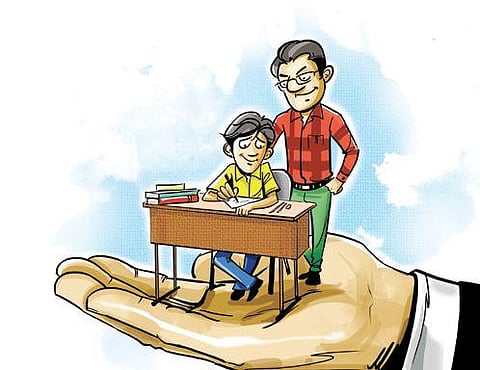

BENGALURU: Chief Minister Basavaraj Bommai, presenting his maiden budget on Friday, proposed to identify ‘Aspirational Taluks’ that are left behind in health, education and nutrition verticals and allocated Rs 3,000 crore for their development.
“Keeping in mind the Covid impact on health, education and nutrition, we will identify taluks which are performing below the state average on various developmental indicators under NITI Aayog and other Sustainable Development Goals,” he said.
Higher priority will be given to these aspirational taluks under programmes of various departments to ensure outcome-oriented efforts. The allocations will be for improving the quality of education in 93 taluks, strengthening health services in 100 taluks and alleviating child malnutrition in 102 taluks.
A PHC will be identified in each of 100 aspirational taluks and will be upgraded to 25-bed Model Community Health Centre in two years at a cost of Rs 1,000 crore. However, Dr Giridhara R Babu, a public health expert and epidemiologist, said, “Developing these primary health centres is only part of the work. Strengthening the existing PHC services through efficient staffing and referrals continues to be a challenge.”
To address malnutrition among children, rehabilitation centres will be set up in these taluks. Rs 500 crore has been allocated to develop infrastructure in government schools, with ‘Aspirational Taluks’ being priority. Though health experts welcomed the concept of ‘Aspirational Taluks’, they were worried about other districts being ignored and lax implementation of the project.
“If the majority of the money is shared by the taluks below the margin, there may be a few which have just crossed the margin and still need more improvement. It can be potentially dangerous to divert resources. There needs to be equity in budget allocation for such programmes,” said Dr E Premdas Pinto, Faculty (Public Health), Azim Premji University.
Providing human resources in these places also worries the experts. “ASHA workers are the backbone of the public health system. If our salaries are increased only by Rs 1,000, how will we be motivated to work? A minimum salary of Rs 12,000 should be fixed for us. Unless the health staff reach every household and assess various parameters, these aspirational programmes won’t work,” said Rama Kumari,
an ASHA worker.